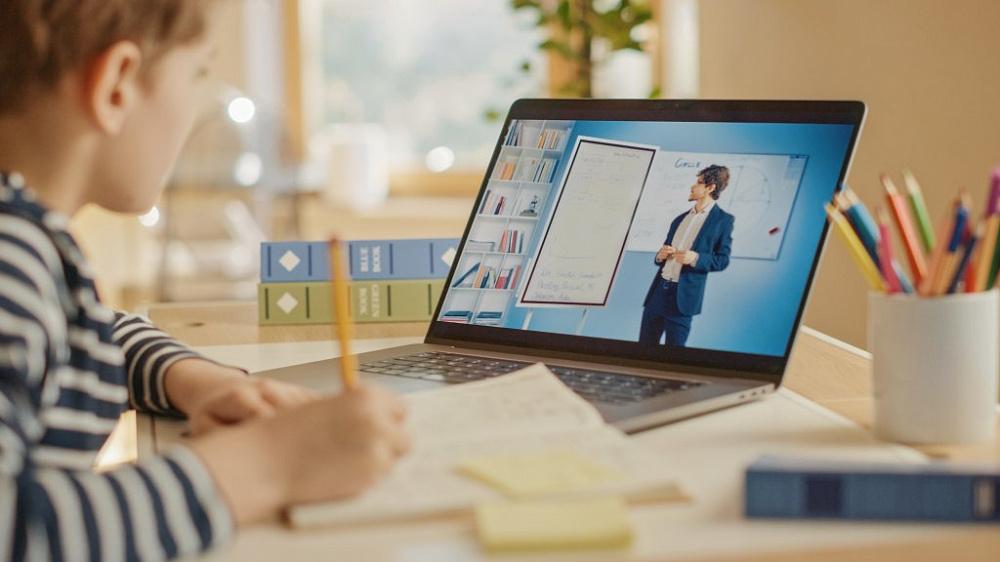Обновлено June 4, 2022 OSVITA.IN
The digital transformation has opened up new opportunities for educational organizations. In the realities of lockdown, the lesson strategy has changed: today, a lecture or online lesson that helps to master the whole course more conveniently and flexibly no longer seems weird. It is important to understand that over the past six months there have been major changes that affect the educational landscape of the future. It is time to rethink and identify them.
Distance learning: attitudes and beliefs of teachers
Given the fact that not all school or university subjects can be easily transferred to the e-learning format, ie to the mode of online classes, teachers are logically divided in their beliefs about the online format of teaching.
Persistent rejection of distance learning (online mode) has caused those educators who are accustomed to working in the usually closed mode, which provides them with the stability of the content of the discipline without the need to update it, and guarantees a long stay in the zone of authoritarian comfort. The complete perception of the online mode was observed among teachers who can generate the content of high and modern level, motivate students, creatively control the results of their educational activities. It is this category of teachers who quickly realized the wide possibilities of online learning and defined their place in this format of pedagogy.
Development of modern educational institutions in terms of distance learning: conditions, resources, initiatives
It is a matter of production and digital directing technologies because those who own them will be able to develop modern educational institutions.
That is why during the pandemic and the first wave of lockdown in Ukraine, a TV channel was set aside for each year of study, where lessons were conducted by the best university lecturers and school teachers checked the quality of the acquired knowledge.
In the realities witnessed by us, educators, and our students, teachers have reached a new level of diverse mastery of educational information. Now the teacher not only gives a lecture but also teaches students to navigate in the digital information space, explains the principles of using Zoom or MSTeams, introduces the mechanisms of work in Google Classroom.
It became obvious that the knowledge of students about Instagram, Telegram, TikTok cannot be compared with the complexity of the architecture of educational courses and the extensive tools that teachers use in the modern educational space.
Today, educational institutions find all the necessary resources to provide quality of the online educational services and involve distance education (for example, the second or third speciality for students, retraining and advanced training for teachers of higher education institutions).
Similarly, proactive teachers are beginning to create channels on YouTube or Instagram (IGTV), develop high-quality educational content which is in demand, and professional growth is encouraged (now you can increasingly find the concepts of “teacher-blogger”, “teacher-tutor”, “teacher-coach”), the geography of online educational services is expanding, the design of online courses and additional didactic materials is being improved.
New educational content and transformation of the teaching mentality
There is a new mentality in the development of educational programs, work programs of disciplines. Now the key parameters are the “architecture” of the educational program, scripting techniques for writing lectures and lesson plans, case studies, rhetorical skills of the teacher, the art of presentation and public speaking.
In an era of constant technological change, economic and social uncertainty, it is the function of the school and the university to be a leader for constant development not only during but also after training (the latest courses for career growth, retraining, etc.) which is in great demand. Content is gaining new meaning. There is already a transition from educational content as some curious facts to educational content that transforms the teaching mentality. This trend indicates an increase in the status of the teaching profession and shortly will help resolve conflicts between participants in the educational process.
Nataliia Kyrychenko, Anastasiia Kyrychenko


